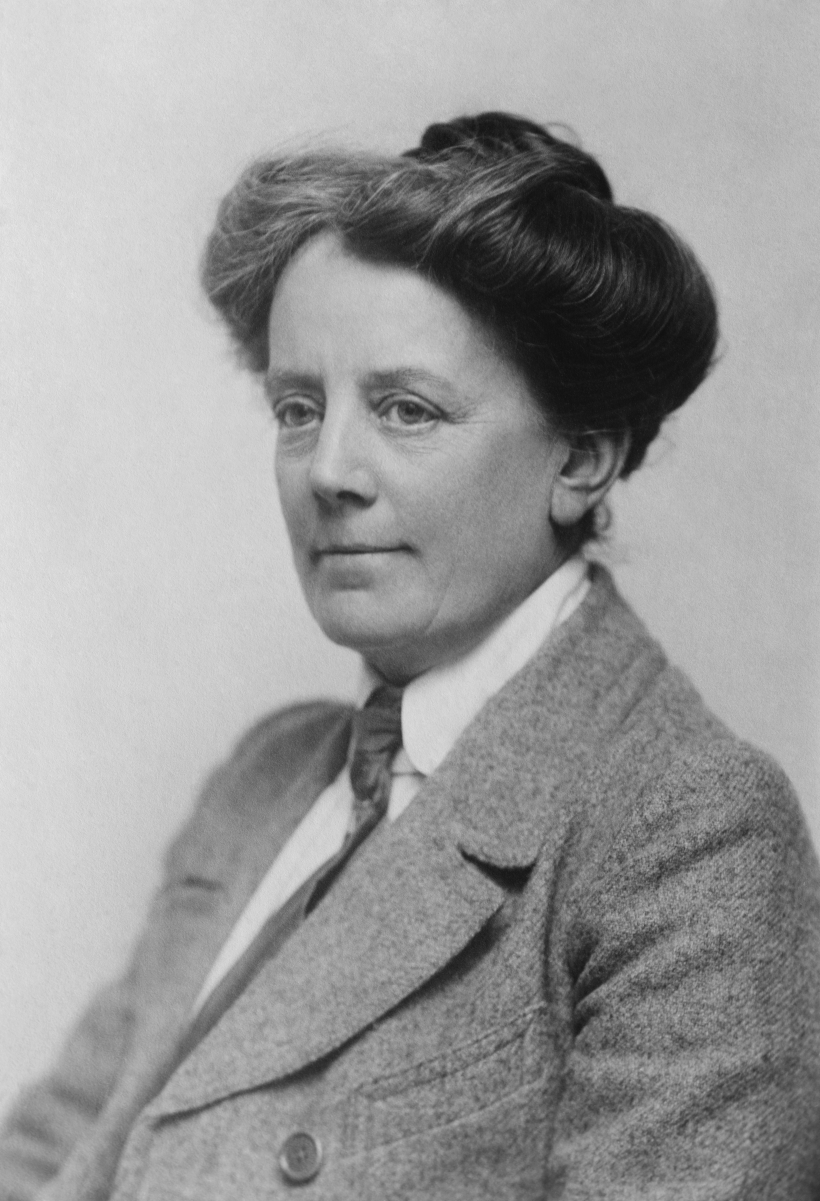Fanny Mendelssohn Piano Trio Op. 11
Posted on 14th November 2023 at 09:24

Fanny Mendelssohn’s music is now reaching a wider public, having been overshadowed by her more famous brother, Felix Mendelssohn both during her lifetime and in subsequent years. Despite periods of her life where she was unable to compose, Mendelssohn established herself as a composer, conductor and performer in a largely male-dominated environment. Her life highlights some of the challenges female composers have faced throughout history.
We explore her Piano Trio in D minor, Opus 11, which is suggested in the Model Music Curriculum as a piece suitable for Year 5, and offer some activities to help you study the composition.
"Fanny-mendelssohn-9ba7472d-18ca-43cc-9f62-85362217db2-resize-750" by Wikiludiki is licensed under CC BY-SA 4.0. To view a copy of this license, visit https://creativecommons.org/licenses/by-sa/4.0/?ref=openverse.













